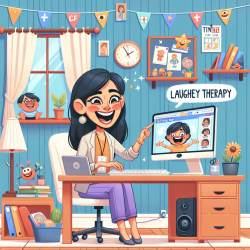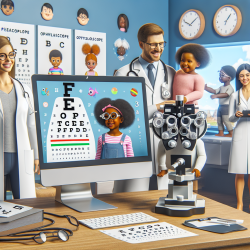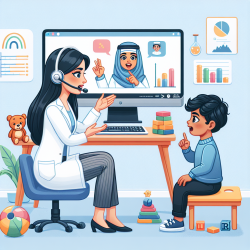Unlocking the Potential of Gene Therapy for Usher Syndrome
Usher Syndrome is a genetic disorder that is the leading cause of deaf-blindness, affecting both hearing and vision. Traditionally, treatment options have been limited to cochlear implants and hearing aids, which, while beneficial, do not fully restore normal hearing. Recent advances in gene therapy, however, offer promising new avenues for treatment.
Understanding Usher Syndrome
Usher Syndrome is characterized by a combination of hearing loss, retinitis pigmentosa (a form of vision loss), and sometimes vestibular dysfunction. It is categorized into three types based on the severity and onset of symptoms. The syndrome is a result of mutations in specific genes that affect the development and function of the inner ear and retina.
Gene Therapy: A New Hope
Gene therapy involves inserting, deleting, or repairing genes to treat disease. In the context of Usher Syndrome, this approach aims to correct the genetic mutations responsible for the disorder. The use of CRISPR/Cas9 technology and antisense oligonucleotides (ASOs) are among the promising strategies being explored.
Progress and Challenges
While gene therapy has shown potential in preclinical studies, translating these findings into effective human treatments presents challenges. The inner ear's complex structure and the early onset of hearing loss in Usher Syndrome require innovative delivery methods and early diagnosis for successful intervention.
- CRISPR/Cas9: This technology allows for precise editing of the genome, offering the potential to correct mutations at their source.
- Antisense Oligonucleotides (ASOs): These molecules can bind to RNA transcripts, preventing the production of faulty proteins.
Implications for Practitioners
For speech-language pathologists and audiologists, understanding these advancements is crucial. Early diagnosis and intervention can significantly improve outcomes for children with Usher Syndrome. Practitioners should stay informed about emerging therapies and consider genetic counseling as part of their practice.
Looking Ahead
The future of Usher Syndrome treatment is promising, with gene therapy leading the charge. Continued research and clinical trials are essential to overcoming current barriers and bringing these therapies to patients. As a practitioner, staying informed and advocating for early intervention can make a significant difference in the lives of those affected by Usher Syndrome.
To read the original research paper, please follow this link: Usher Syndrome in the Inner Ear: Etiologies and Advances in Gene Therapy.










